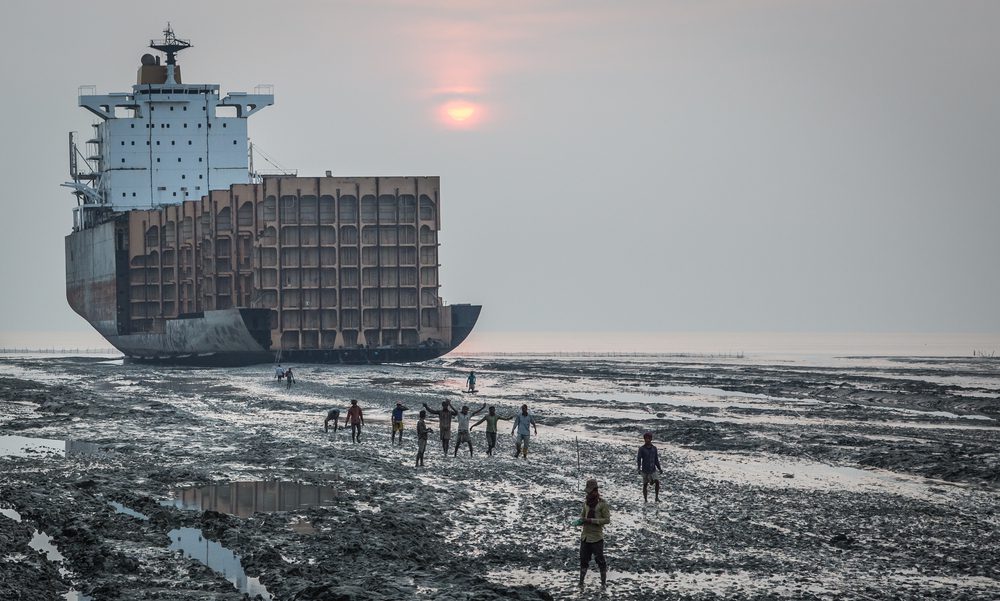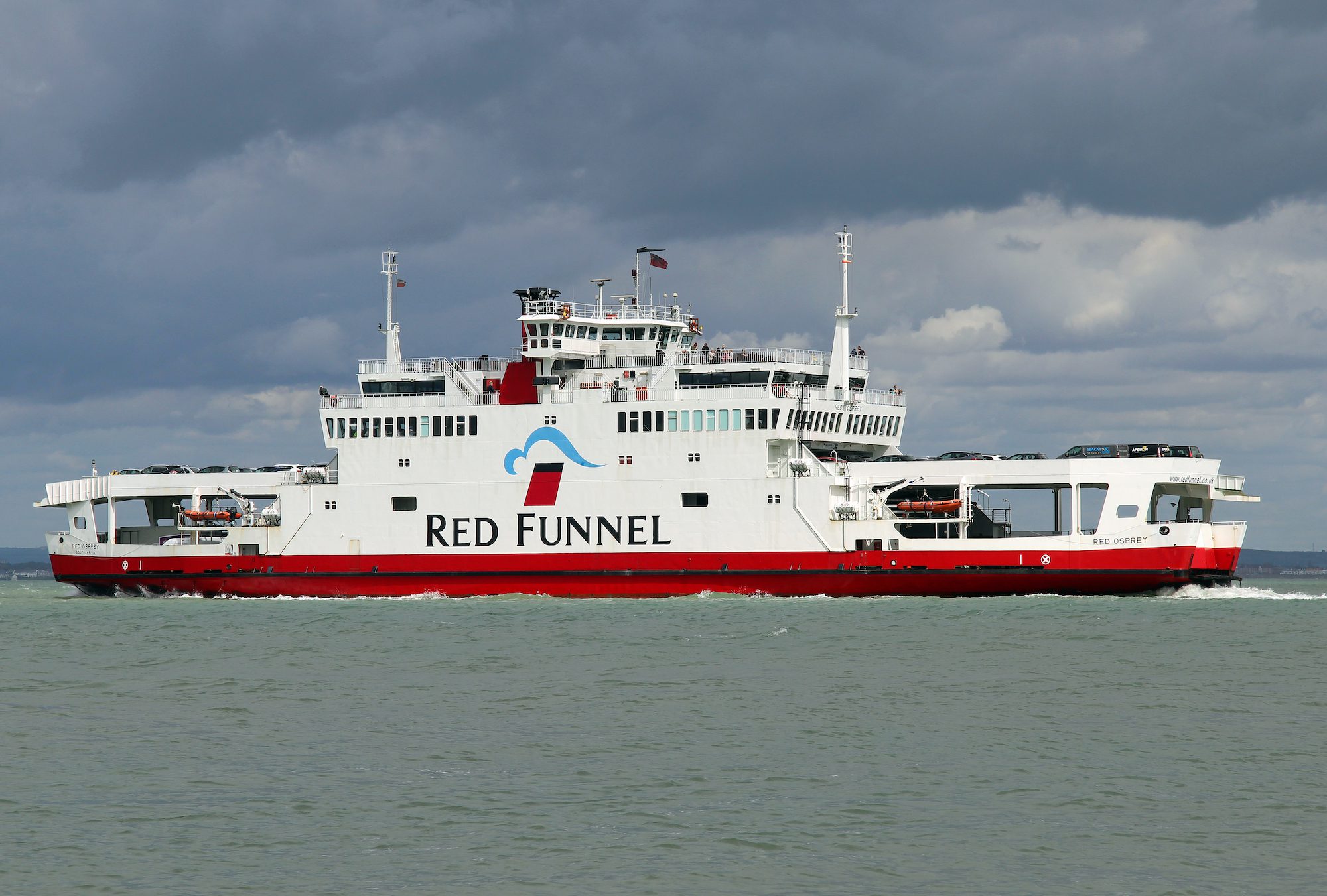One of the world’s top ship breaking nations is moving to clean up its act when it comes to dismantling end-of-life ships.
In a significant move towards ensuring that decommissioned vessels do not unnecessarily endanger human health, safety, or the environment, Bangladesh has announced its intent to ratify the Hong Kong International Convention for the Safe and Environmentally Sound Recycling of Ships (Hong Kong Convention).
The move was commended by the International Chamber of Shipping (ICS).
Bangladesh is one of the world’s top shibpreaking nations, but is often criticized for its poor safety record and its continued use of the controversial beaching method for dismantling ships.
In 2022, the country was responsible for the dismantling 122 of the 443 ocean-going vessels sold for scrap, according to the NGO Shipbreaking Platform, second only to India. At least 10 workers lost their lives and 33 workers suffered injuries when breaking apart vessels on the beach of Chattogram, Bangladesh.
The Hong Kong Convention is aimed at ensuring end-of-life ships do not pose any unnecessary risks to human health, safety and to the environment when recycled. The Convention covers the design, construction, operation and preparation of ships for dismantling; the operation of ship recycling facilities in a safe and environmentally sound manner; and the establishment of an appropriate enforcement mechanism for ship recycling, incorporating certification and reporting requirements.
Prior to Bangladesh’s decision, the Hong Kong Convention had been ratified by 20 nations, representing approximately 30% of the world’s gross tonnage of merchant shipping.
For the Convention to be officially adopted, it must be ratified by at least 15 nations, accounting for 40% of global commercial shipping by gross tonnage, with a combined maximum annual ship recycling volume of not less than 3% of their total tonnage. The addition of Bangladesh to brings the Convention’s entry into force one step closer.
John Stawpert, the International Chamber of Shipping’s Senior Manager for Environment and Trade, praised Bangladesh’s leadership and commitment and emphasized the importance of a unified approach, as regional systems that disregard the industry’s economic realities can be easily evaded.
“Our industry is international and ship recycling can only be effectively governed through a global system,” said Stawpert. “Regional systems that ignore the economic realities of the industry are easily circumvented and this positive development will guarantee sufficient compliant recycling capacity under the oversight of national authorities and the United Nations regulator, the International Maritime Organization (IMO)”
While some yards in Bangladesh do comply with Hong Kong Convention standards, Bangladesh’s decision ensures a sufficient volume of compliant recycling capacity, supervised by national authorities and the United Nations’ International Maritime Organization (IMO).
Bangladesh’s Infamous Shipbreaking Yards Launch Race for Cleaner, Safer Future
In 2018, Bangladesh pledged to ratify the Hong Kong Convention by 2023 through its Ship Recycle Act, which incorporated the Convention’s terms into national law. This commitment also marked the beginning of a concerted effort to improve the nation’s recycling capacity, a process that was disrupted by COVID-19 pandemic. Despite challenges, however, Stawpert is optimistic that the Convention’s two-year entry into force period will allow Bangladesh to catch up with necessary investments, infrastructure, and training.
As the shipping industry sets its sights on net zero emissions by 2050, responsible ship recycling is becoming increasingly important as older, less-efficient ships are decommissioned and replaced by net zero vessels.
“Environmental, Social and Governance factors and demands from charterers and customers has meant that Hong Kong Convention compliance has been the growing standard for sales for ship recycling and the process of recycling itself,” said Stawpert. “Ratification by a major ship recycler such as Bangladesh further confirms this trend, and the entry into force of the convention will create the global level playing field that has been evolving for a generation. Compliance with the requirements of the Convention will therefore be essential for ship recyclers to secure their market share in the future.”
Unlock Exclusive Insights Today!
Join the gCaptain Club for curated content, insider opinions, and vibrant community discussions.

 Join The Club
Join The Club













